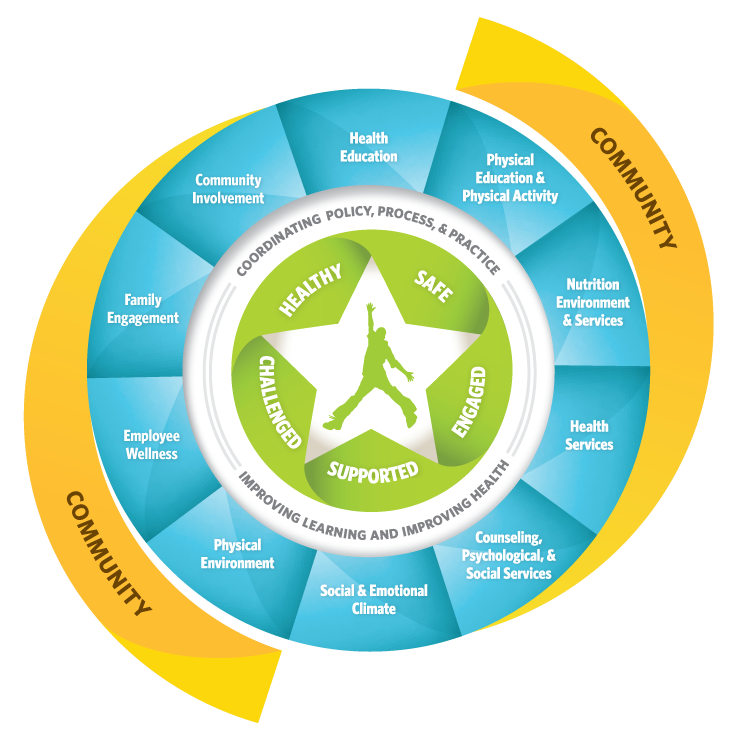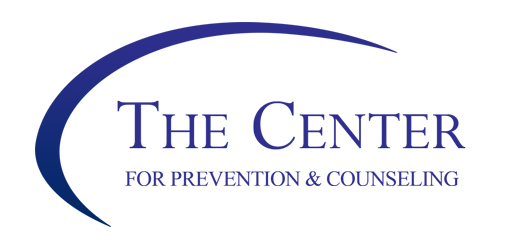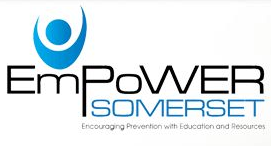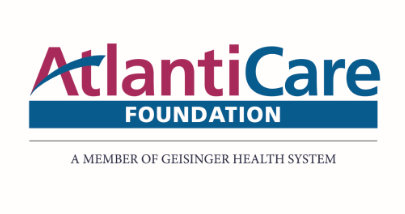
WSCC Components
The New Jersey Department of Education lists a brief description of each component and identifies, as applicable, NJ State initiatives, related state statutes and regulations, applicable government agencies and professional associations, as well as resources and survey data results for each of the WSCC components.
Green and Sustainable Programs
The NJ Department of Environmental Protection provides information and best practices related to building and grounds and on NJ green and sustainable programs.
Assess your School
The Environmental Protection Agency’s (EPA) Healthy School Environment Assessment Tool can be used to evaluate detrimental environmental and safety issues related to student health as well as rectify any identified hazards.





